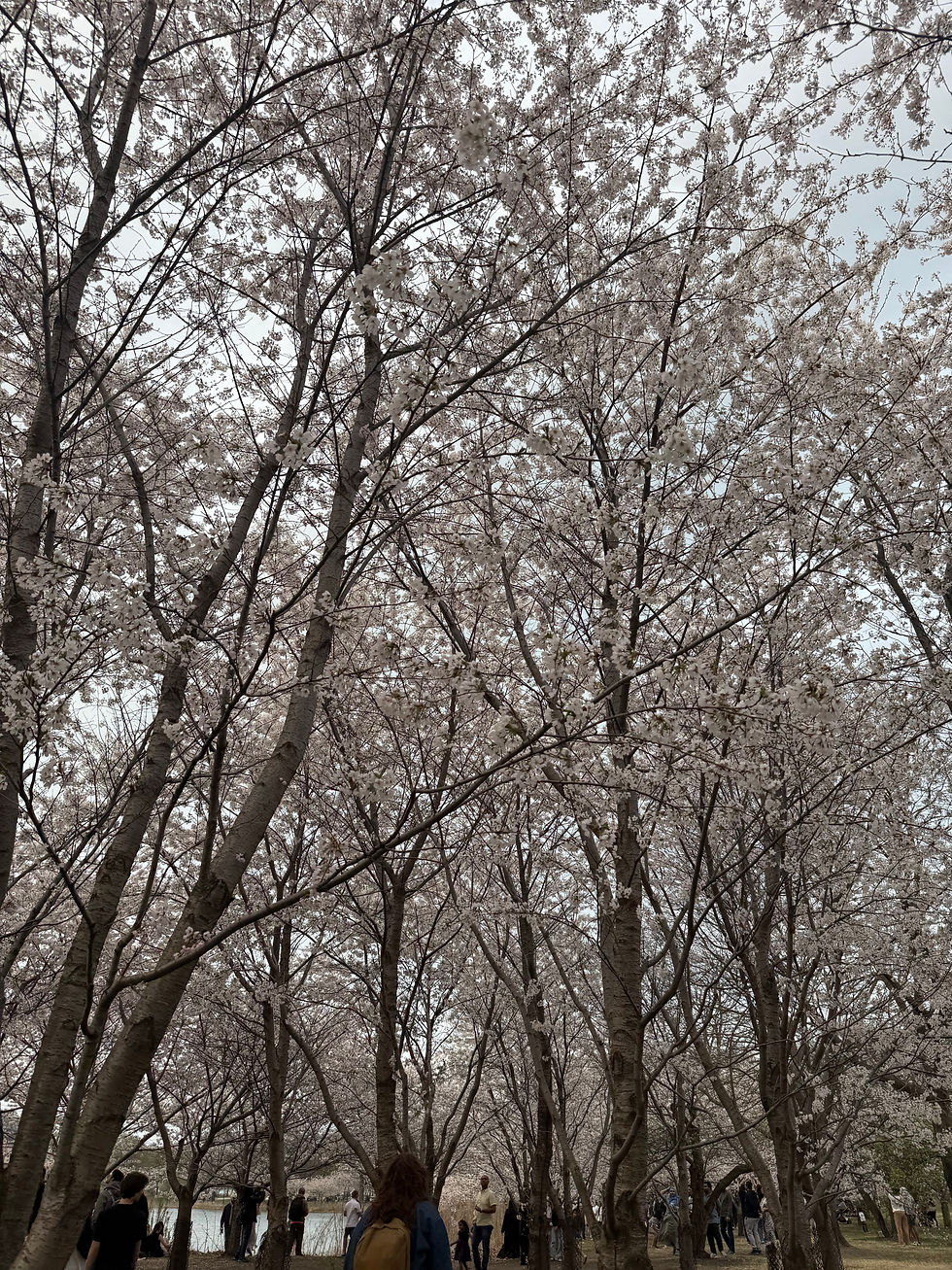Office Hours: Being an Expert Means Knowing How Little You Know
- Professor Kate Floros

- Apr 26, 2022
- 4 min read
Updated: Mar 22, 2023

I earned a PhD in Political Science from the University of Pittsburgh in 2008, and I have spent the last 14 years honing my skills as an educator. My first academic position was at a large public university in a college town in the Midwest. My second academic position is at UIC, an even larger public university in the third largest city in the US.
The two universities could not be more different. The first was the venerated flagship of its state; UIC is the scrappy upstart nipping at the heels of Illinois’ flagship, UIUC. [Side note: I hate the term “flagship.” Primarily defined as “the ship in a fleet which carries the commanding admiral,” its second definition is “the best or most important thing owned or produced by a particular organization.” In a university context, this second definition, despite the public protests of state and university officials, succinctly summarizes the “less than” treatment of “branch” or “regional” campuses like UIC.] My previous institution enrolled 75% White students while UIC enrolls about 31% White students.
Teaching at UIC has challenged me not only to become a better instructor, but a different instructor, and many times, I feel like I’m back in school myself to learn what I didn’t about my field the first time around. Most of my professors in grad school were White men who were trained by other White men. Because I, too, am White, the “traditional” training I received did not appear problematic. But teaching at UIC has opened my eyes to how limited my training was.
My specialty is International Relations (IR), but I never read anything in an IR seminar about the role of race in international relations. The only Black scholar I knew about in my more specific field of conflict studies was described as a “crackpot” because he talked about the importance of race in the study of war. A foreign policy textbook I used suggested that the US didn’t pay very much attention to Africa in its foreign policy because African Americans cared more about US domestic policy than foreign policy. Just about every textbook I know about, whether introductory or more specifically focused, is written from a Western perspective of the world, ignoring that most people in the world live in countries that suffered decades or centuries of Western imperialism and continue to suffer the unequal effects of global capitalism.
It’s humbling to admit that I am not really an expert in international relations, despite my advanced degree, because there is a huge part of my field about which I have very limited knowledge. I check books out of the library about US imperialism in Asia (Hunt & Levine’s Arc of Empire, 2012), the creation of the field of international relations as an exercise in White westerners trying to control the rest of the world (Vitalis’ White World Order, Black Power Politics, 2015), and writings by prominent Black scholars (Logan’s Betrayal of the Negro, 1997 and the speeches and writings of Ralph Bunche). These books are in my office and at my home, but the day-to-day of my teaching, research, and service obligations prevent me from actually reading them.
Then, there is the need to learn more about teaching and supporting students of color and first-generation students. More checked out books, including Mentoring At-Risk Students through the Hidden Curriculum in Higher Education (Smith 2013), The Racial Crisis in American Higher Education (Smith, Altbach, and Lomotey 2002), and White Teachers/Diverse Classrooms (Landsman and Lewis 2006), gather dust on my bookshelves. I’ve made a little more progress on learning about the structural and systemic issues facing universities that serve historically marginalized students through the writings of Hamilton and Nielsen (Broke: The Racial Consequences of Underfunding Public Universities, 2021) and Harris (The State Must Provide: Why America’s Colleges Have Always Been Unequal – and How to Set Them Right, 2021), but there is a lot more to learn.
Despite earning my PhD in 2008, I am back in the classroom, though largely self-taught and flailing in the dark. I want all students, regardless of background or identity, to know that the topics I cover are relevant for them and they can see themselves in the readings and other content I assign. This has also forced me to think about how to approach issues of inclusion with a group of students who don’t have much experience with exclusion – White men. In all of the trainings for creating a more inclusive classroom, many of which I have taken, none of them discuss what to say to the White guy who doesn’t think race or gender have anything to do with anything, who views any suggestion of unearned privilege as a personal attack, and who complains loudly about being asked to give others space to speak.
The more I try to adapt my courses and teaching to be more inclusive, the less of an expert I feel. Though I feel like an imposter more often than not, my consolation is that I do not keep my head buried in the sand and pretend that “the way things are” are always “the way things need to be.” The first step in Alcoholics Anonymous is admitting there is a problem. I’ve done that regarding my approach to my subject matter and teaching. I’m not sure how many more steps there are to achieving success as an educator at UIC, but I’m committed to taking them. My students deserve nothing less.
Professor Kate Floros is a Clinical Assistant Professor in the Department of Political Science at UIC. She teaches courses on international relations, US foreign policy, civil wars, and popular culture and politics. She also hosts The Politics Classroom, a UIC Radio podcast, which airs on Mondays from 5-6 pm Central. For the 2021-2022 academic year, Professor Floros interviewed guests from a variety of backgrounds to broaden the scope of her show beyond “traditional” politics. She can be found on Twitter @DrFloros.
_edited.png)



Comments